Search Images
Browse Content (p. 1593)
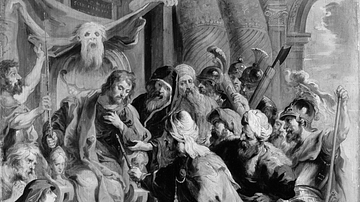
Image
Cambyses Appointing Otanes Judge
Cambyses Appointing Otanes Judge, copy after Peter Paul Rubens, probably 18th century CE, Metropolitan Museum of Art, New York.
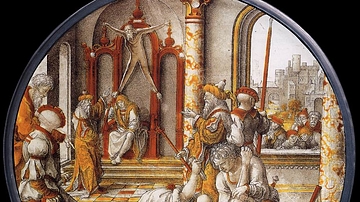
Image
The Judgement of Cambyses, Vellert
Dirck Vellert, The Judgement of Cambyses, stained glass, 1542 CE, Rijsmuseum, Amsterdam. This panel shows a scene from Herodotus's Histories: Sisamnes, a corrupt judge, is ordered to be flayed alive by Cambyses, the Persian king. His skin...
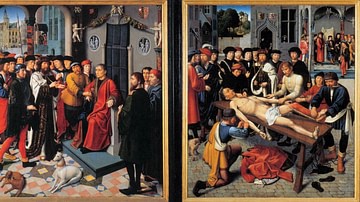
Image
The Judgement of Cambyses, David
Gerard David, The Judgement of Cambyses, 1498 CE, Groeninge Museum, Bruges, Belgium. This diptych shows a scene from Herodotus's Histories: the arrest and flaying of the Persian judge Sisamnes, who was a corrupt judge, by order of Cambyses...
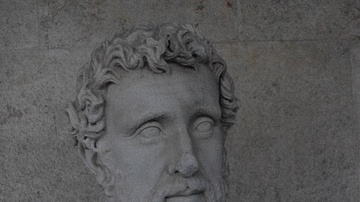
Image
Antoninus Pius, Agora, Athens
Bust of Roman Emperor Antoninus Pius from the Ancient Agora Museum in Athens, 138-161 CE.
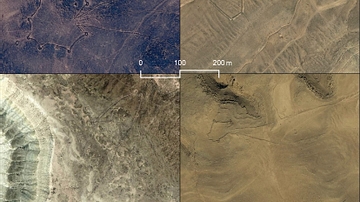
Image
Desert Kites
Extracts of satellite images from Google Earth and Bing of kites from the Harrat-al-Sham in Jordan (above left), Qaratein area in Syria (above right), Ustyurt Plateau in Kazakhstan (bottom left) and the mountains of Palmyre in Syria (bottom...
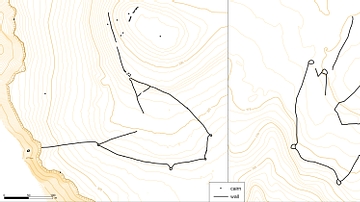
Image
Examples of Desert Kites
Desert kites on the Ustyurt Plateau (left) and in the northern Nefoud (right).
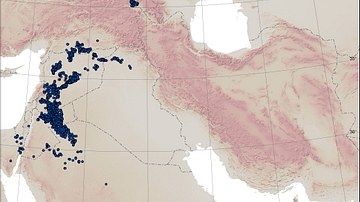
Image
The Distribution of Kites
The geographical distribution of desert kites (updated June 2020 CE).
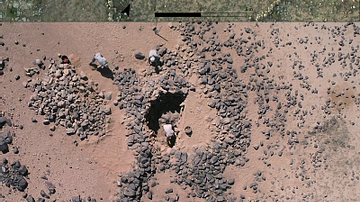
Image
Desert Kite Cell
A cell at the extremity of a pointed appendice from a kite in Armenia (up). The same
configuration in Jordan, a cell under excavation (down).
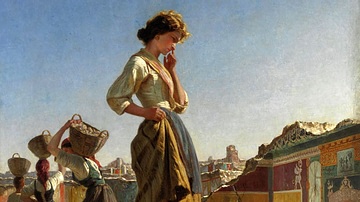
Image
The Excavation of Pompeii
Filippo Palizzi (1818-1899) was an Italian painter of the Verismo style. This romantic painting shows what the excavation of Pompeii in the 19th century may have looked like.
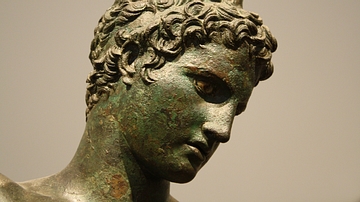
Image
Bronze Athlete Detail
A detail from a bronze statue of an athlete wearing a laurel crown of victory, 340-330 BCE. Found in the sea off Marathon. (National Archaeological Museum, Athens)